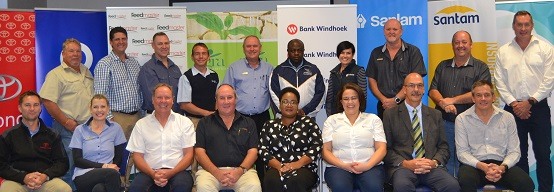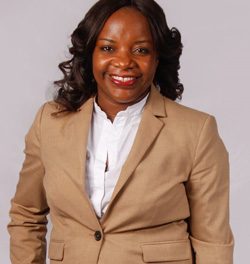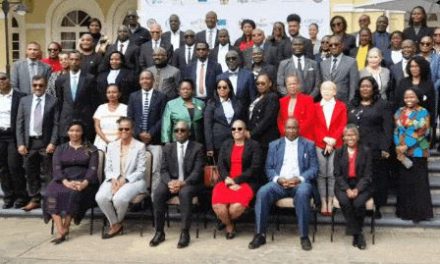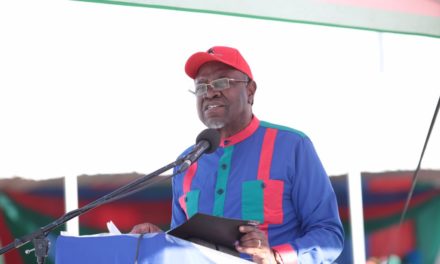
Quest to find top cattle producers starts at first weaner auction in July

Starting early in July at its first weaner auction for the year, Agra will again run its popular National Weaner Championship to find Namibia’s best producer of young animals for the red meat industry.
The agricultural retailer announced this week that the weaner championships start on 09 May 2019 at the Outjo auction, running over 17 auctions until 07 September with the final auction at Graal. The auctions cover all areas and include weaners from both commercial and communal farmers.
Judging at all the auctions is done by Dawid Krause and his colleagues from Feedmaster.
Farmers must enter their weaners in lots of ten. The judging criteria will again consider such elements as body shape, growth potential, fertility and uniformity. Further criteria relate to farming practices and will look at aspects that determine productive capacity, branding, dehorning and neutering.
Speaking at the launch, Agra Auction’s Regional Manager for the central area, Herman Lintvelt said 261 lots were entered last year showing good year on year growth from the 2017 competition. Despite the terrible drought conditions, Agra expects the auctions to draw a considerable number of entries.
Agra will award prizes to winners in the categories of feedlot potential, veld potential and heifers with breeding potential.
Agra’s Chief Executive, Arnold Klein, thanked all the other participating sponsors saying that the competition’s combined sponsorship value now exceeds N$400,000.
The main sponsors are Bank Windhoek, Sanlam, Santam and Feedmaster, joined by co-sponsors Paratus Africa, Indongo Toyota, Hino Indongo, Bayer, MSD and Agribank.
Caption: Launching this year’s National Weaner Championships, Agra’s Chief Executive, Arnold Klein (seated third from left), entertained his sponsors, co-sponsors and executive management.











































